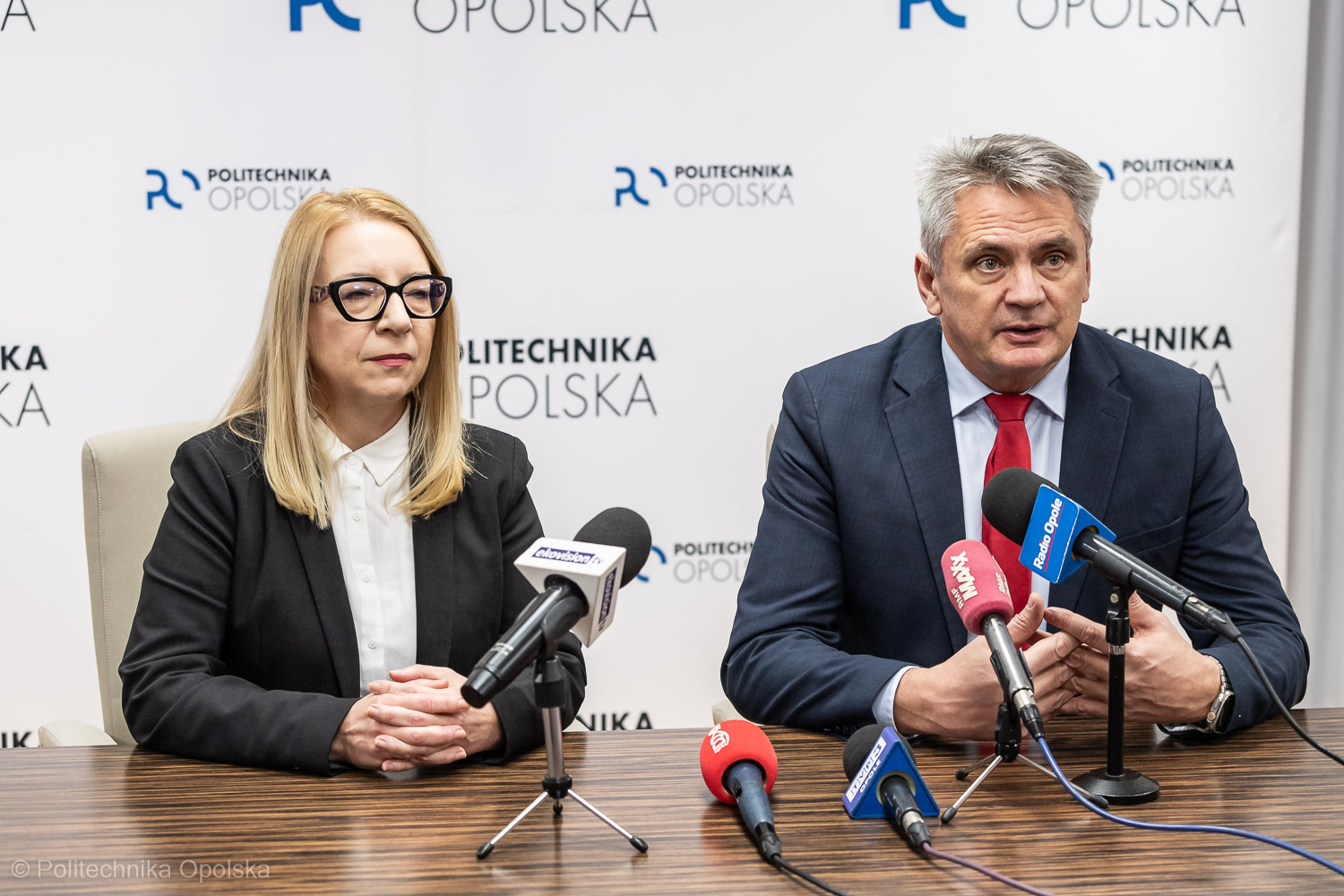The Opole University of Technology will receive 8 million PLN for initiatives related to accessibility.

The Opole University of Technology will receive 8 million PLN for initiatives related to accessibility. The funds will be used to improve access for individuals with disabilities and special needs. These resources will support projects such as equipping laboratories, establishing the Center for Adapted Physical Activity, and eliminating architectural barriers.
“Disability no longer means social exclusion. It’s important to remember that it can happen to any of us—a simple injury or a broken leg can lead to temporary disability. That’s why our university consistently addresses the needs of people with disabilities and special requirements. At the Opole University of Technology, we are launching a major project worth 8 million PLN to enhance accessibility for such individuals. The project encompasses a wide range of tasks, from training academic and administrative staff to upgrading laboratories, establishing new units, and expanding our infrastructure,” explains Professor Marcin Lorenc, Rector of the Opole University of Technology.
The funding was awarded through the National Centre for Research and Development’s “Universities More Accessible” competition.
“The competition was fierce, and we are the only university in the region to secure funding. The project includes eight key areas, ranging from architectural, informational, and digital accessibility to educational and research-related activities. These efforts also include reviewing institutional procedures,” details Agnieszka Kossowska, PhD, Head of the Office for Persons with Disabilities at the Opole University of Technology and Accessibility Coordinator.
“In terms of architectural accessibility, the Faculty of Civil Engineering and Architecture will have an elevator and accessible restrooms installed. Additionally, more than 400 university staff members will receive training on awareness and specialized topics,” Ms Kossowska adds.
New laboratories will also be established, such as a geriatric and obesity simulation lab and the Center for Adapted Physical Activity at the Faculty of Physical Education and Physiotherapy, which will include a fully equipped comfort room featuring a bed for individuals with disabilities.
“Our university is also actively involved in adaptive sports for people with disabilities. For example, the comfort room in this building will support these efforts. We aim to ensure accessibility not only in terms of teaching materials and the educational process but also in language learning, sports, and extracurricular activities. For instance, we want people with disabilities to participate in sailing camps, so the project will include the purchase of an adapted sailboat,” announces Ms Kossowska.
Currently, 82 students with certified disabilities are enrolled at the Opole University of Technology, an increase of 20 students over the past two years. Additionally, 160 students have registered as individuals with special needs.